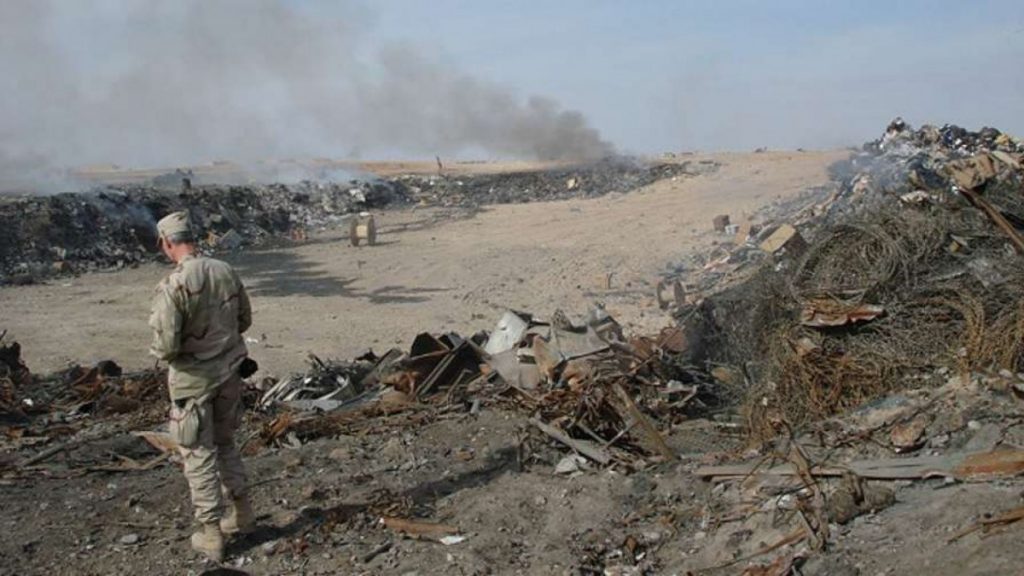By Tara Copp, Shirsho Dasgupta, and Ben Wieder October 30, 2019 04:00 AM

Veterans saw a spike in urinary, prostate, liver and blood cancers during nearly two decades of war, and some military families now question whether their exposure to toxic environments is to blame, according to a McClatchy investigation.
McClatchy found that the rate of cancer treatments for veterans at Department of Veterans Affairs health care centers increased 61 percent for urinary cancers — which include bladder, kidney and ureter cancers — from fiscal year 2000 to 2018.
The rate of blood cancer treatments — lymphoma, myeloma and leukemia — rose 18 percent in the same period. Liver and pancreatic cancer treatment rates increased 96 percent and prostate cancer treatment rates increased 23 percent.
McClatchy analyzed all billing data for veteran visits involving a cancer diagnosis at VA medical facilities from fiscal year 2000 to 2018. The data was obtained through Freedom of Information Act requests. A more in-depth methodology of the review can be found here.
McClatchy selected that time frame to look at what impact the last two decades of war in Iraq and Afghanistan have had on veterans’ medical needs, even as the VA continues to treat veterans from past wars.
Veteran Marine Corps Sgt. Mark S. Villamac Ho joined the military after the September 11, 2001, terrorist attacks and deployed in early 2003 to Al Numaniyah, Iraq, as an aircraft rescue firefighter.
In Iraq he was exposed to the firefighting foam the military is removing from service due to its links to cancer, and to the open-air trash-burning pits that more than 187,000 veterans have reported made them sick.
To read the entire article, click cancers.

